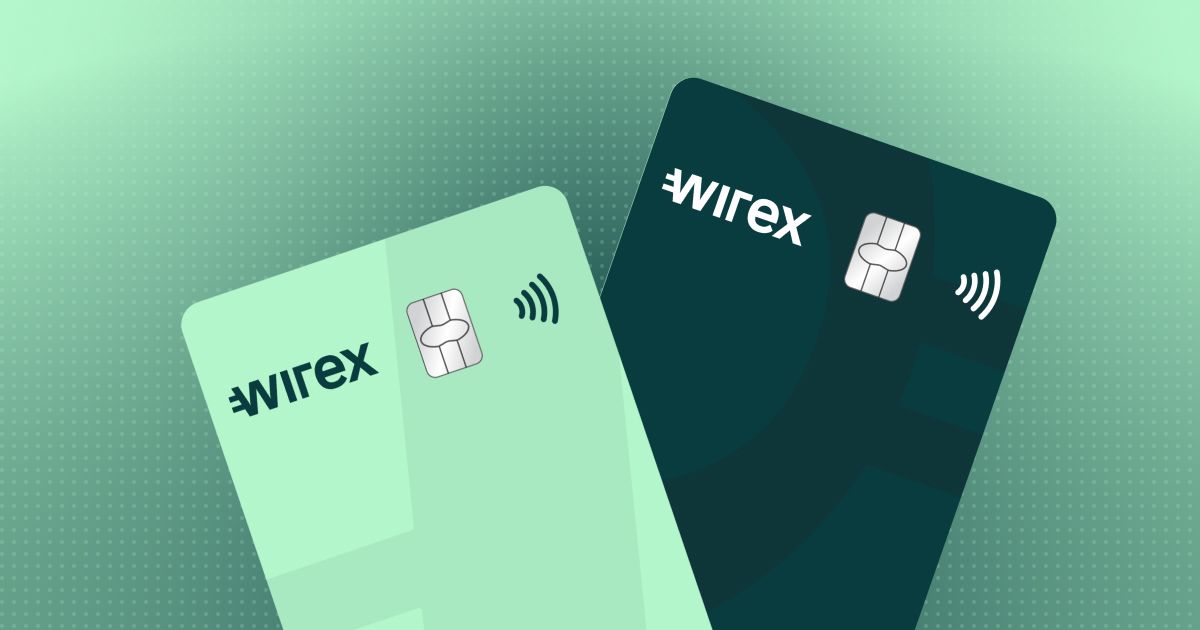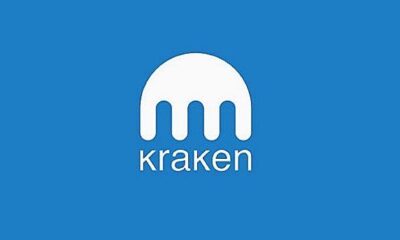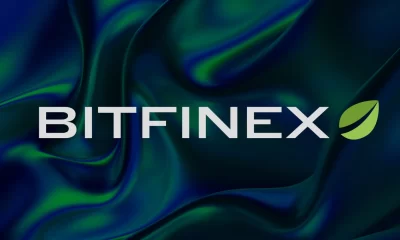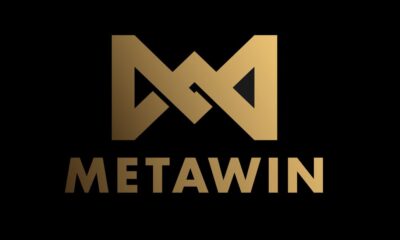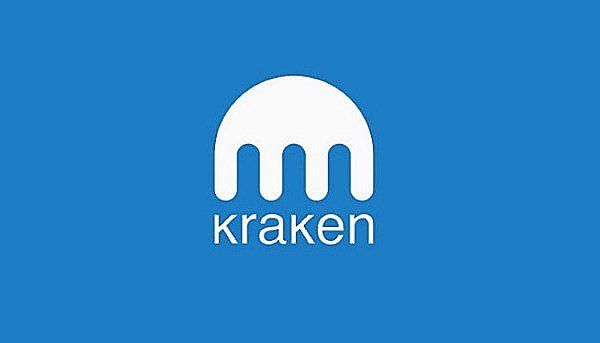News
Wirex to launch ZK-proofs for noncustodial crypto debit card
Wirex announced the launch of a zero-knowledge proof based noncustodial crypto debit card service called W-Pay.
-

 Business6 days ago
Business6 days agoBitcoin mining stocks rocket 24% on macro climate, AI play: Analyst
-

 News6 days ago
News6 days agoFTX estate sues KuCoin to recover over $50M in assets
-

 Business6 days ago
Business6 days agoBhutan gov’t moves $66M of Bitcoin stash to Binance as price tops $71K
-

 Business6 days ago
Business6 days agoGemini crypto exchange receives preliminary approval in Singapore
-

 Business6 days ago
Business6 days agoApple rolls out Apple Intelligence, but fails to wow AI crowd
-

 Business6 days ago
Business6 days agoMeta is reportedly building its own AI-powered search engine
-

 Business6 days ago
Business6 days agoBitcoin hits $70K amid huge ETF inflow streak
-

 Business7 days ago
Business7 days agoCoinbase to sponsor NBA team in aftermath of FTX collapse

